Andrew Cuomo Says He’ll Push For Pot Legalization In 2019
New York State seems likely to join the list of states where marijuana has been legalized sometime next year.
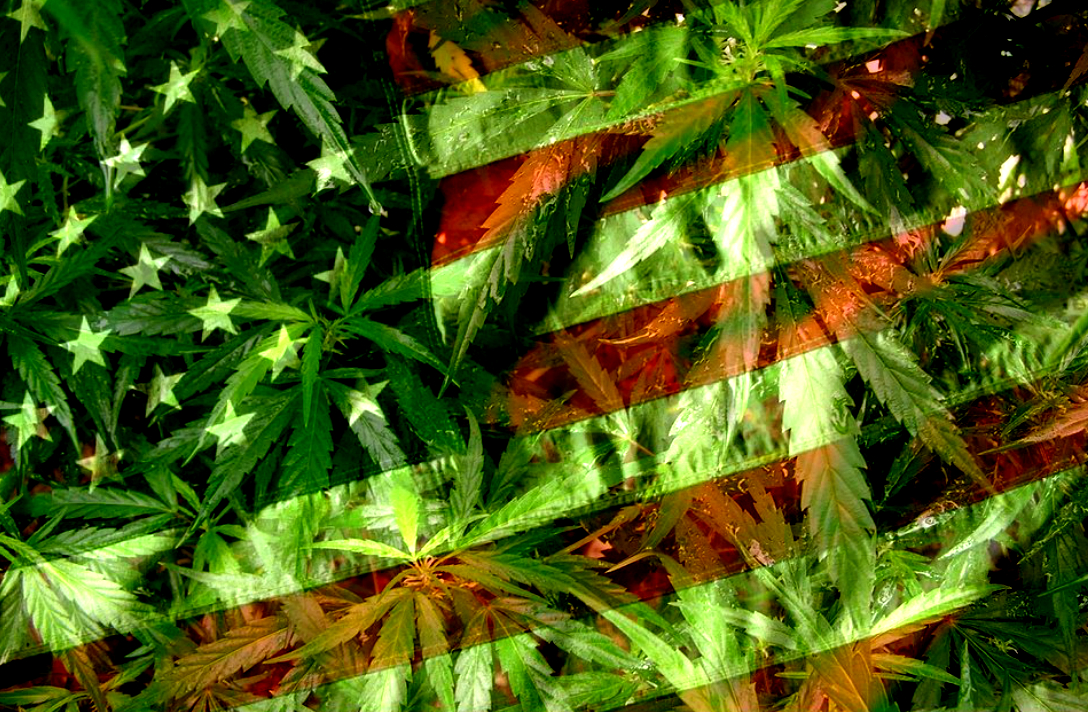
Fresh off an easy re-election win and ahead of a third term in office beginning in January, New York Governor Andrew Cuomo is pushing for full legalization of marijuana in the Empire State:
Gov. Andrew M. Cuomo announced that he would push to legalize recreational marijuana next year, a move that could bring in more than $1.7 billion in sales annually and put New York in line with several neighboring states.
The highly anticipated proposal came in a speech Mr. Cuomo gave in Manhattan on Monday, in which he outlined his agenda for the first 100 days of his third term.
“The fact is we have had two criminal justice systems: one for the wealthy and the well off, and one for everyone else,” Mr. Cuomo said, describing the injustice that he said had “for too long targeted the African-American and minority communities.”
“Let’s legalize the adult use of recreational marijuana once and for all,” he added.
Ten other states and Washington, D.C. have legalized recreational marijuana, spending the new tax revenue on a host of initiatives, including schools and transportation.
The idea is expected to win support in Albany, where Democrats captured the State Senate in November for the first time in a decade. Members of the Assembly, which is dominated by New York City Democrats, have supported such a measure as well.
It follows a report issued in July by a state Department of Health commission that Mr. Cuomo had charged with studying the issue, after Massachusetts legalized recreational use in 2016 and as New Jersey moves to do the same. The commission concluded that the benefit of taxing and regulating the drug outweighed any potential negative effects.
In addition to the tax revenue that marijuana sales would generate, legalizing marijuana could also ease the opioid crisis and mitigate racial disparities in the criminal justice system, the report said.
Already, public officials and policy groups have begun clamoring for different uses of the new revenue. One popular proposal would funnel the money into New York City’s crumbling subway system. Others have said the funds should be invested in the black and Latino communities that have been disproportionately affected by prosecution.
A Quinnipiac University poll in May showed that 63 percent of New Yorkers favored legalizing marijuana.
If and when New York legalizes marijuana, which seems inevitable given the solid Democratic control of the legislature, it would become the eleventh state to legalize pot since 2010 when Colorado and Washington both passed citizen referendums legalizing cannabis. Four years later similar measures passed in Oregon, Alaska, and the District of Columbia. Most recently marijuana was legalized in 2016 in California, Massachusetts, Nevada, and Maine via citizen referendums and voters in a number of other states approved legalization for medicinal purposes. 2018 in particular has seen the cause of legalization advance on several levels. For example, January was the biggest month yet for the legalization movement given the fact that the most populated state in the nation, California, officially legalized marijuana based on the aforementioned 2016 referendum. Additionally, Vermont became the first state to legalize marijuana through the legislature instead of a voter referendum. New Jersey stands likely to be the second state where that happens thanks to the election of a Democratic Governor who supports legalization a Democratic state legislature that spent eight years trying to liberalize drug laws in the Garden State only to be thwarted by the veto of former Governor Chris Christie. Governor Murphy has already taken steps to use his regulatory powers to expand access to the state’s medical marijuana program. Additionally, earlier this year, in anticipation of the passage of a bill that would legalize marijuana, New Jersey Attorney General Gurbir Grewal announced that marijuana prosecutions would be put on hold. Finally, on Election Day Michigan became the tenth state to legalize marijuana. On the national level, meanwhile, former Speaker of the House John Boehner has announced that he’s changed his mind on the issue of legalization and joined the board of a company that grows and sells cannabis in states where it is legal for either medical or recreational purposes. Over the summer Senate Minority Leader Chuck Schumer introduced a bill that would give states freedom to set their own marijuana laws free from Federal control and to protect the citizens of those states from being charged with Federal crimes if they are acting in accordance with state law. Finally, in Nebraska, which is one of only a few remaining states where marijuana laws remain strict even to the point of not allowing use for medical purposes, residents are seeking to put a referendum allowing the use of marijuana for medical purposes on the ballot in 2020.
As this map from Wikipedia shows, nearly every state has liberalized its laws on marijuana in recent years:
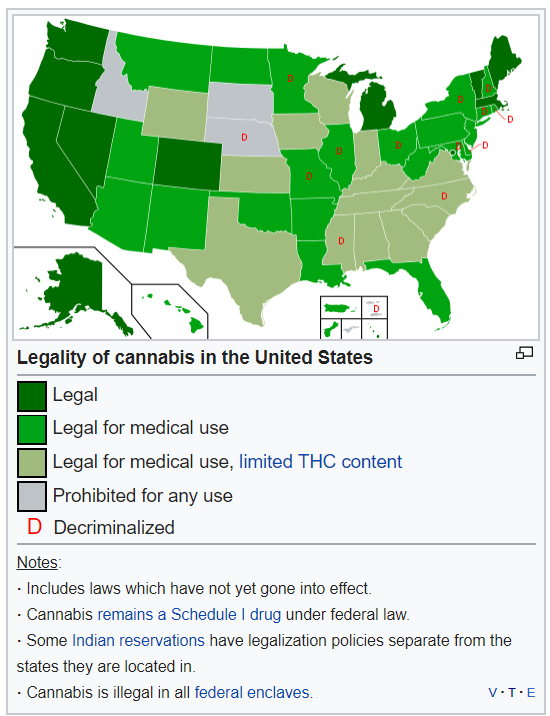
What we’re looking at, clearly, is what seems to be an inexorable march toward what will effectively be the nationwide legalization of marijuana for all purposes, something that would have been unthinkable as recently as ten years ago but which now seems to be within reach. As it stands now, there are only three states — Idaho, South Dakota, and Nebraska — that continue to prohibit marijuana for any use. Even the relatively conservative areas of the Deep South, where one would expect the greatest opposition to the idea, one finds that, at the very least, marijuana is legal for medical use, although in some cases that is more tightly regulated in some states than in others. As I’ve said before, all of this mirrors the manner in which we’ve seen another recent change in social attitudes have an impact on the law:
[T]here are unmistakable similarities between the tend that we’ve seen in polling on this issue and the trend that we saw in the polling on the issue of marriage equality in the years before the Supreme Court’s decision in Obergefell v. Hodges.In both cases, the change seems to be rooted in changes in society and culture that have recognized that previous attitudes were based on incomplete information or biases that had no basis in fact. In some sense, the change in public opinion on marijuana legalization has been even more radical than the changes we saw with respect to marriage equality in that it has occurred over a much shorter period of time. The noticeable difference, of course, is that this increase in support for legalization has not led to the same rapid changes in the law that we saw with the marriage equality issue. To a large degree, though, this is because most of the progress with regard to same-sex marriage was made via the Court system rather than the legislative process or citizen referendums. For many reasons, the court system is not well suited to deal with the marijuana legalization, though, and the efforts that have been made have been largely unsuccessful. For example, last year a group of Plaintiffs in New York attempted to get a Federal Court to declare the scheduling of marijuana as a Schedule 1 drug by the Drug Enforcement Administration invalid, but that effort was dismissed. Instead, the progress on marijuana legalization has had to take the slower route of using the legislative and political process to change the law. Those routes generally operate at a much slower pace than the court system does, and often be blocked by a determined minority of voters. Despite this slower pace, though, the trend toward more liberal marijuana laws and eventually nationwide legalization, seems to be fairly clear. At this point, it’s not a matter of if, but when.
These latest developments are just another step down that road.


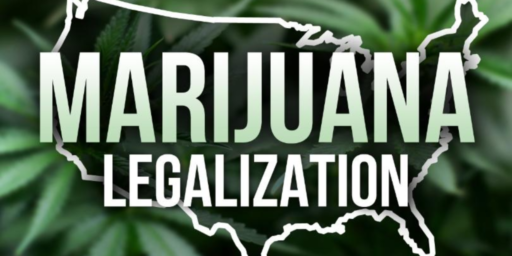
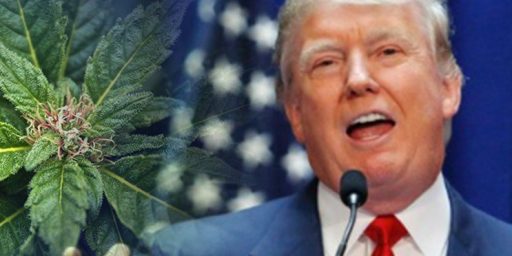

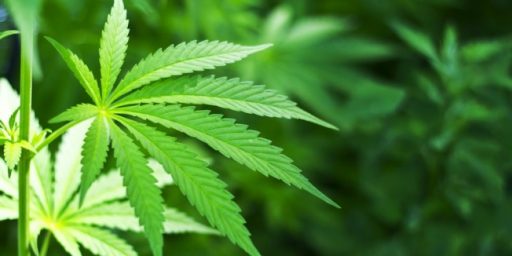
this is dangerous. I hear it’s a gateway drug, and after a few drags on pot you’ll wind up shooting heroin and smoking crack. and that’s totally not that dumbest fucking argument ever made about anything ever.
I love it.
But still, it makes me mad. Mad. When did we realize that the criminal justice system was f’d? When did we realize cannabis prohibition was bad for minority communities? Seems like this has been common knowledge my entire adult life and finally, we’re making some progress?
Not –it must be said– due to the tireless efforts of the Democratic party, the “social justice” guys enjoying 80-90% of the African-American vote, working so hard these last twenty years only to see voter refererenda come up and steal their thunder…..
Being sarcastic again, sorry. In the spririt of Christmas, I’ll be gentler and quote John McClain: “Welcome to the party, pal!”
All the statements about fairness, and different criminal justice systems for the poor and the wealthy, are just cover.
Generation X has finally made its mark on society. We’re lost slackers and we just want to smoke pot.
Ok, I would more seriously put this in with marriage equality and transgender rights — a slowly gathering social libertarianism that mostly just says “dude, just leave me alone.”
#metoo probably fits into that trend, too, but it’s a bit more forceful, as apparently some people need to find new ways to behave that don’t involve masturbating into a potted plant in the presence of an unwilling observer.
@Gustopher:
“We just want to smoke pot” strikes me as sufficient reason not to put people in jail for it. All that stuff about “slackers” is little more than a drug war stereotype.
You should assume that at least one -if not several- of the high-functioning people you know smoked weed in the last 24 hours.